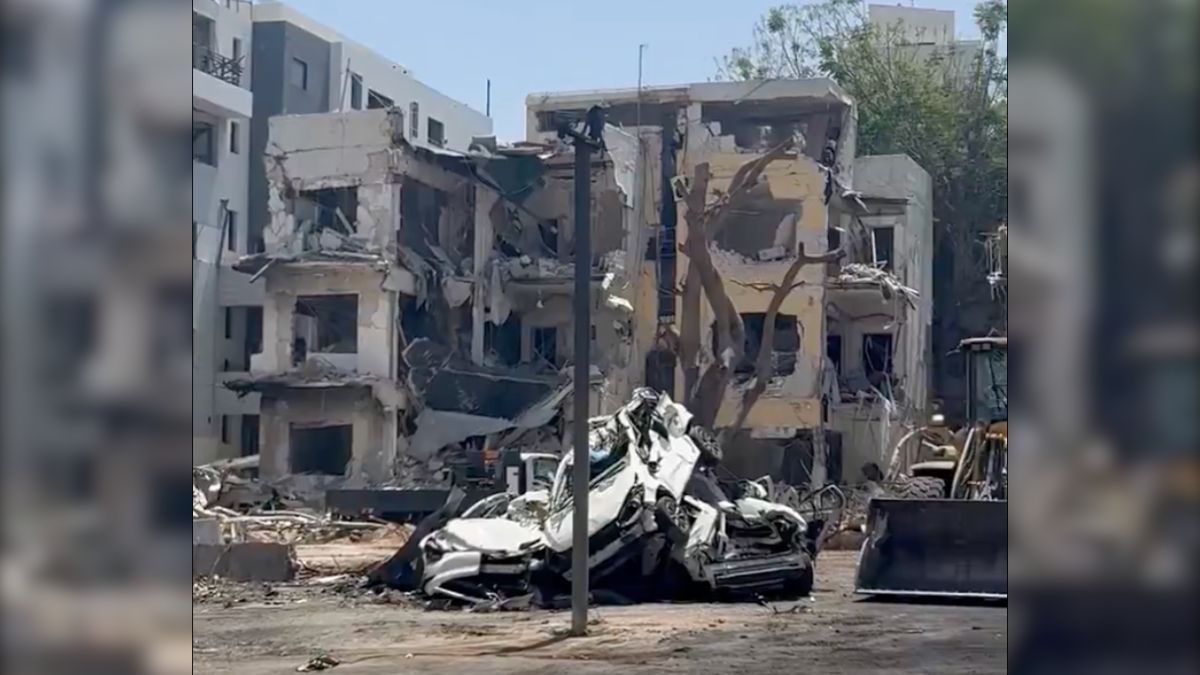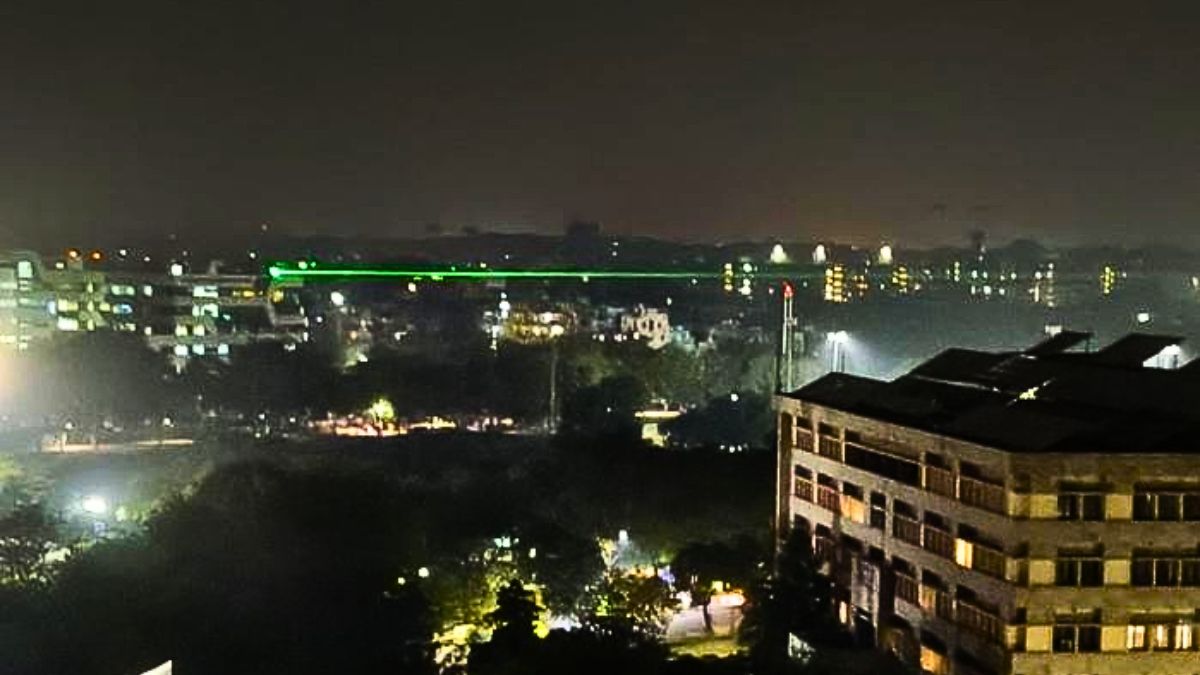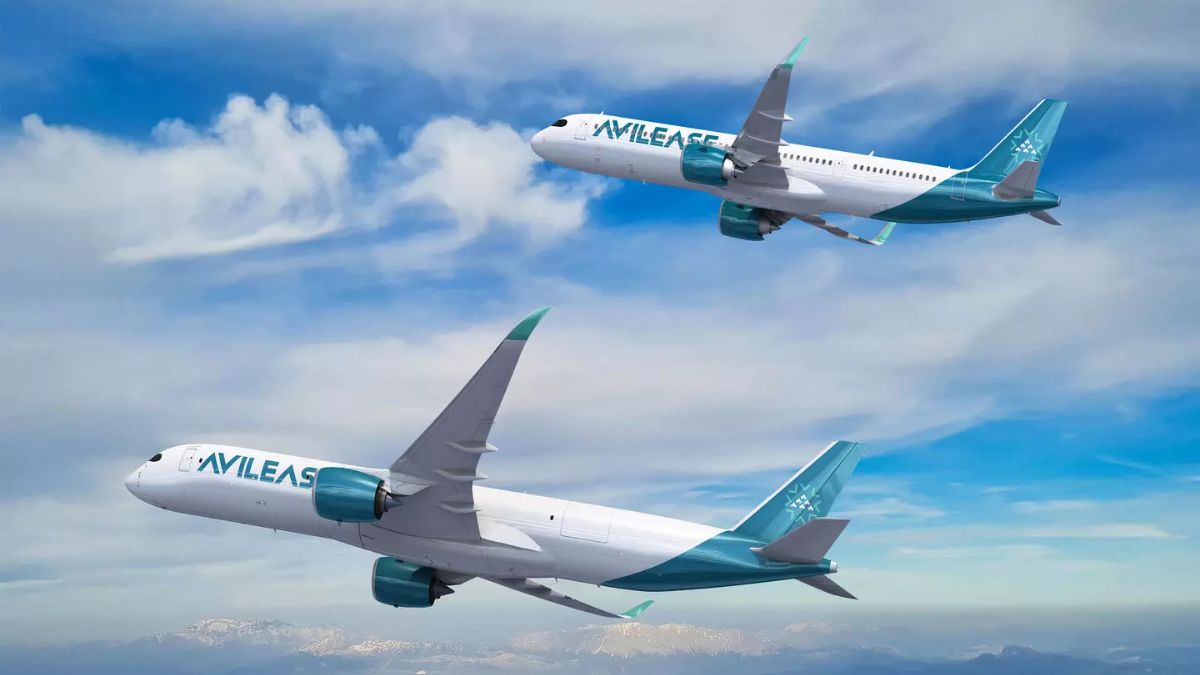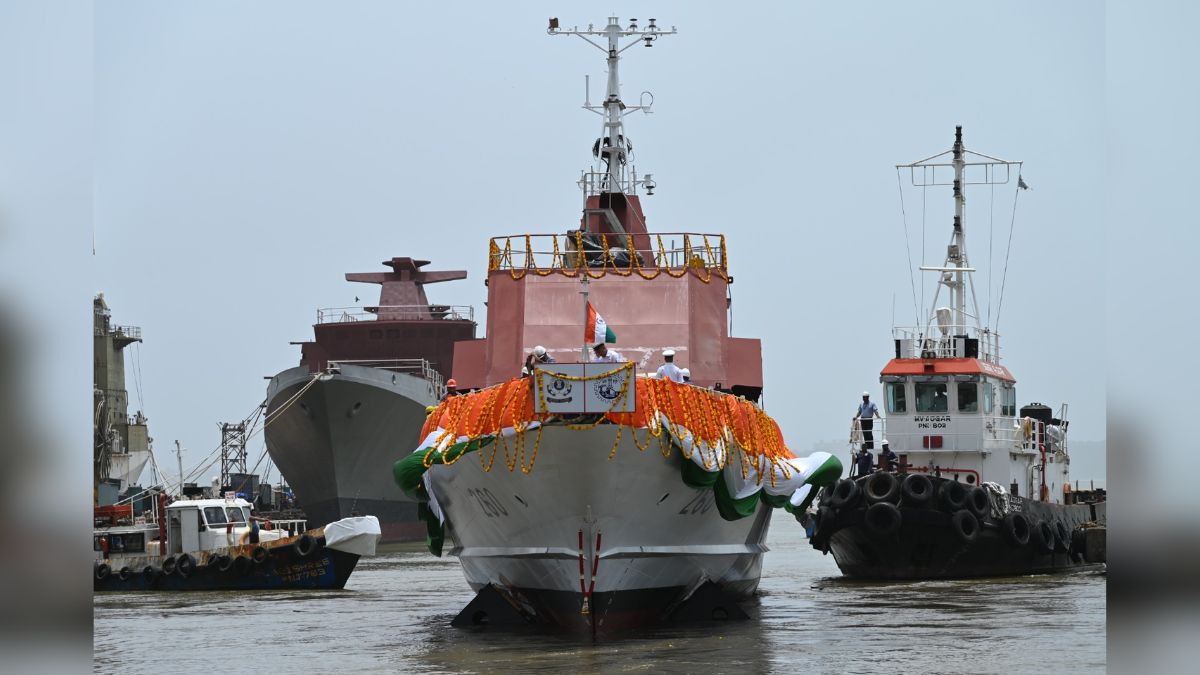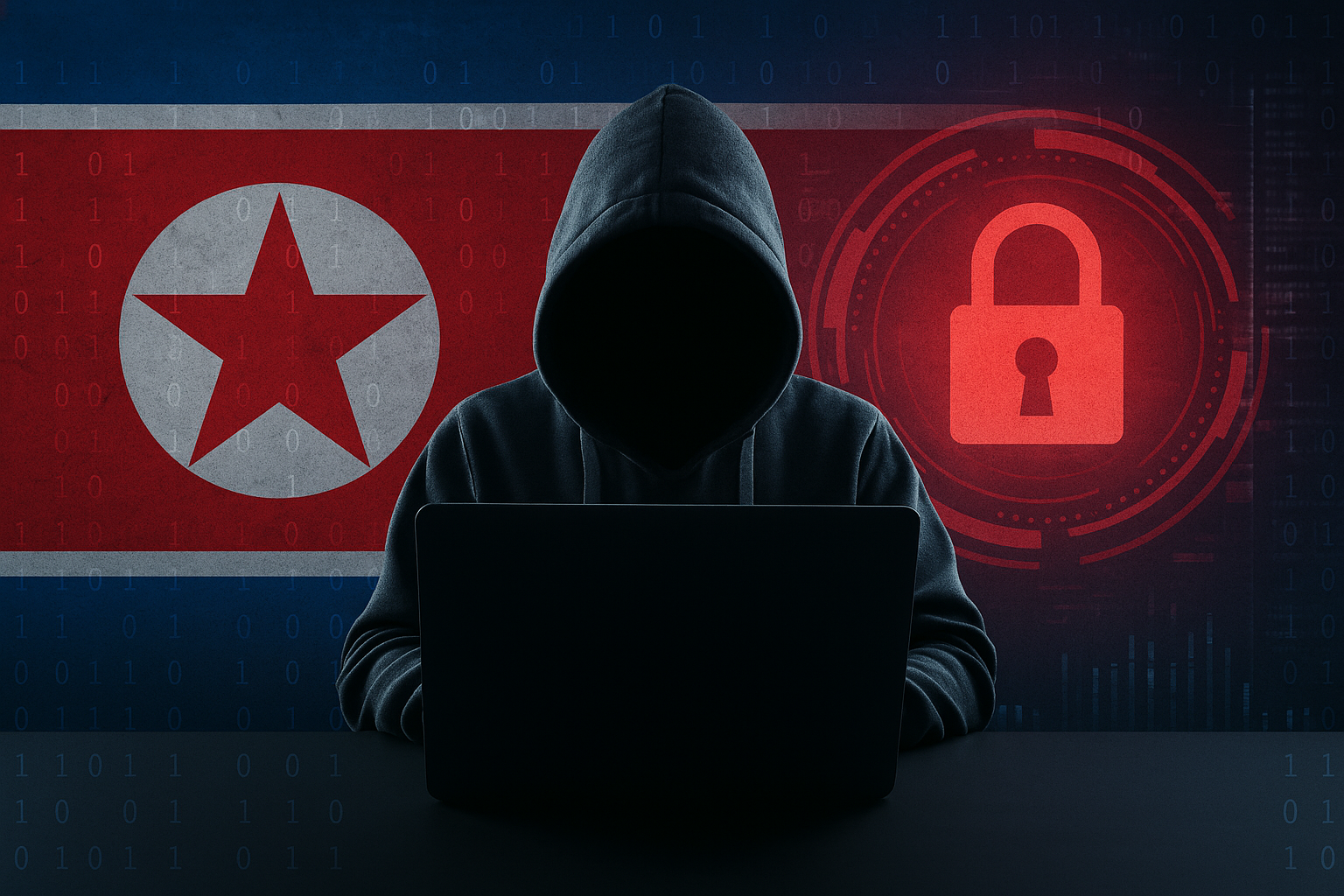India, Sri Lanka Pledge Stronger Defence Ties at Annual Dialogue in Colombo
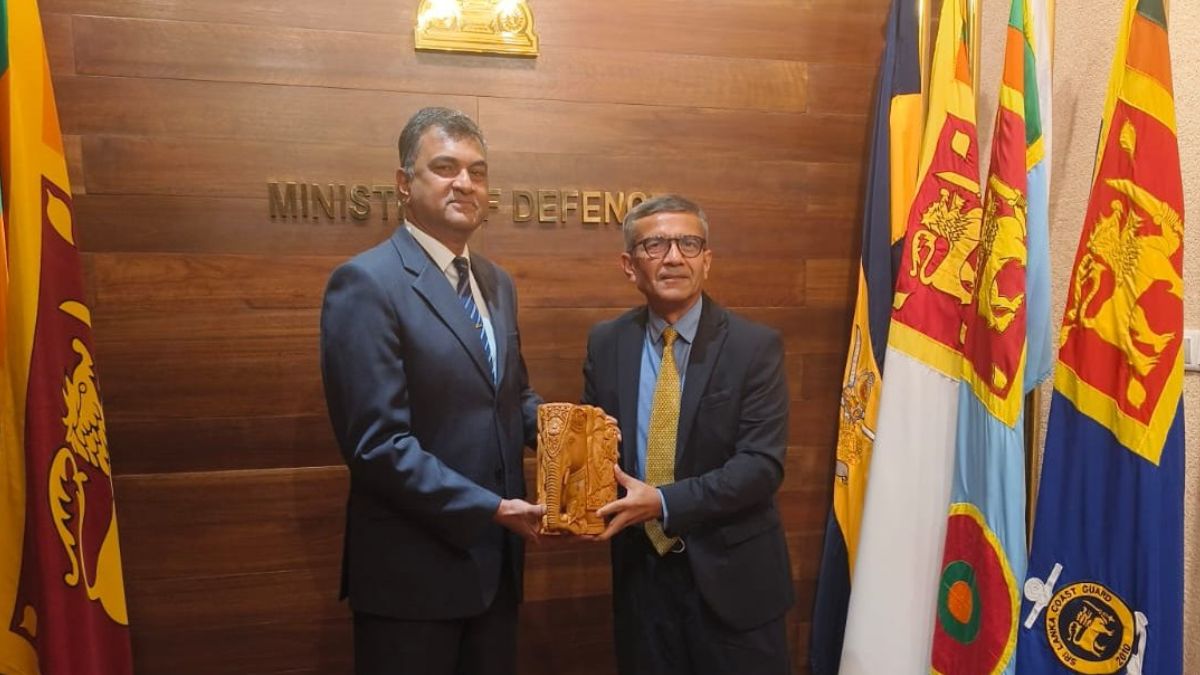
Indian Defence Secretary Rajesh Kumar Singh and his Sri Lankan counterpart, AVM Sampath Thuyacontha (R) held talks in Colombo. Image courtesy: X.com/@SpokespersonMoD
India and Sri Lanka reaffirmed their commitment to deepen defence and security cooperation during the 8th Annual Defence Dialogue held in Colombo on Thursday (June 5).
The Indian delegation, led by Defence Secretary Rajesh Kumar Singh, held extensive discussions with Sri Lankan counterpart AVM Sampath Thuyacontha (Retd.) at the Sri Lankan Ministry of Defence headquarters.
The talks were marked by mutual expressions of appreciation and strategic resolve. While the Sri Lankan side thanked India for its long-standing support in defence capability-building, the Indian delegation underscored its intent to bolster cooperation across a broad spectrum, from regional security to industrial partnerships.
What was on the agenda in India-Sri Lanka defence talks?
The dialogue focused on the importance of defence as a key pillar of the bilateral relationship, especially in the context of the Indian Ocean Region. Both sides emphasised the need for sustained collaboration to maintain peace, stability and prosperity in the region.
High on the agenda were maritime security, counter-terrorism coordination, and capacity development.
The Indian Defence Secretary reiterated India’s firm commitment to maintaining close and friendly relations with Sri Lanka and stressed that defence ties play a central role in India’s “Neighbourhood First” policy.
The Sri Lankan side, in turn, conveyed deep gratitude for India’s contributions to Sri Lanka’s national defence preparedness, according to Daily Mirror.
A social media post by India’s Ministry of Defence suggests that India and Sri Lanka also discussed joint training initiatives, capacity building programs, and enhanced defence industrial collaboration.
What are the challenges India, Sri Lanka face in the Indian Ocean Region?
There are multiple challenges India and Sri Lanka face in the Indian Ocean Region. For starters, the Palk Strait, a narrow and shallow waterway separating the two countries, is a flashpoint for recurring tensions, particularly over illegal, unreported, and unregulated (IUU) fishing.
Although the Strait’s limited depth also restricts large vessel movement, it remains significant for coastal security, smuggling interdiction, and bilateral maritime patrol cooperation.
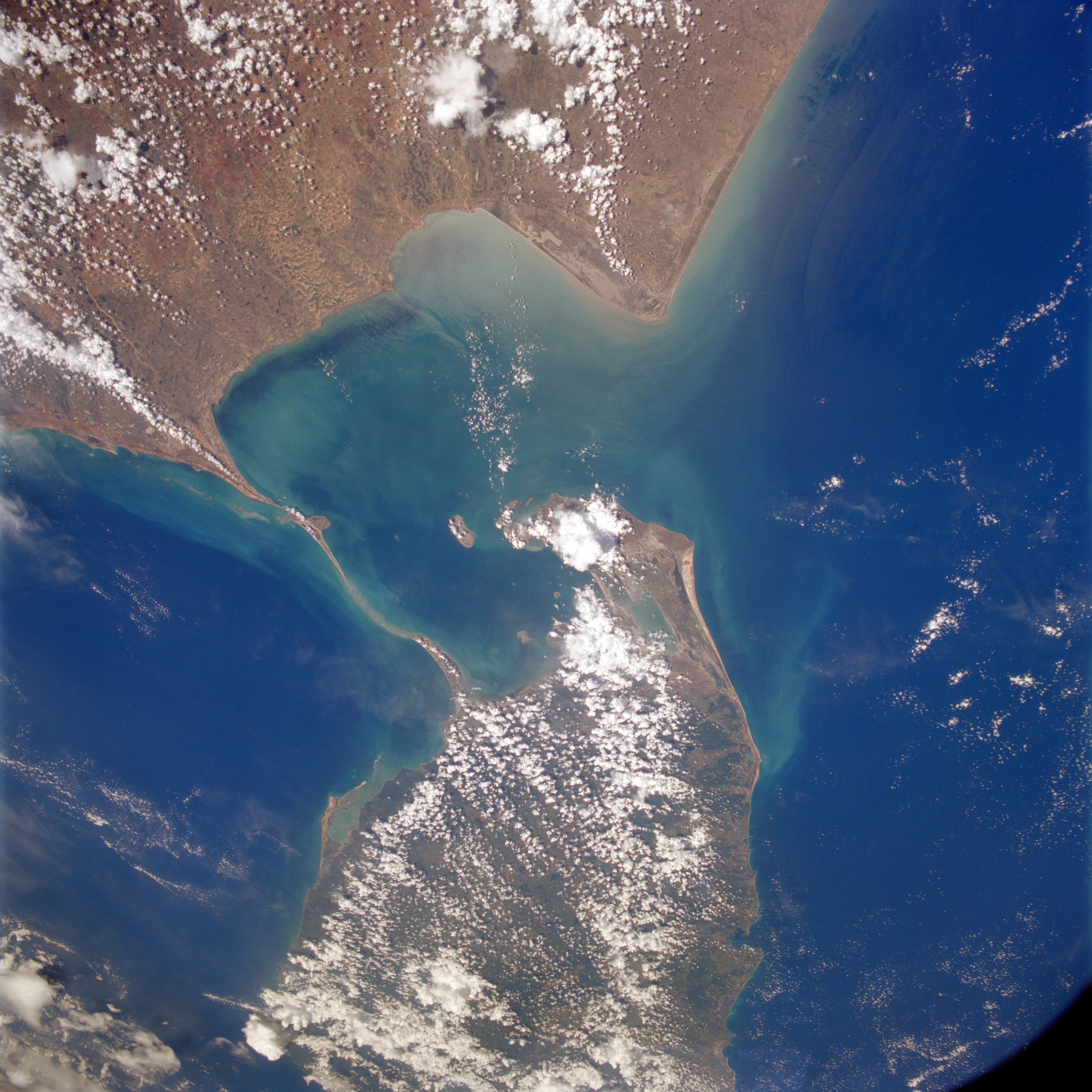
Beyond their shared coastal waters, both nations are increasingly affected by, and therefore focused on, the broader southern Indian Ocean, which forms the strategic backdrop for major naval exercises, surveillance missions, and the monitoring of foreign naval deployments.
The southern Indian Ocean, particularly the waters around the Maldives, Chagos Archipelago, and Seychelles, is witnessing growing competition among major powers, including China, the US, and France.
For India and Sri Lanka, ensuring maritime domain awareness (MDA), maintaining undersea cable security, and coordinating on Humanitarian Assistance and Disaster Relief (HADR) operations are key operational priorities in these waters.
Finally, while India and Sri Lanka are not located directly on the world’s busiest waterways, their security environment is deeply affected by nearby strategic chokepoints such as the Strait of Malacca and the Strait of Hormuz.
The Strait of Malacca is vital for India’s energy imports and commercial shipping, while the Strait of Hormuz remains central to the region’s oil security. Instability or militarisation in these zones— whether through piracy, blockades, or great power rivalry— can disrupt energy supplies and trade flows to both nations.
As such, India and Sri Lanka must monitor and sometimes coordinate responses to developments far beyond their immediate waters, reinforcing their role in upholding a free and open Indian Ocean.
